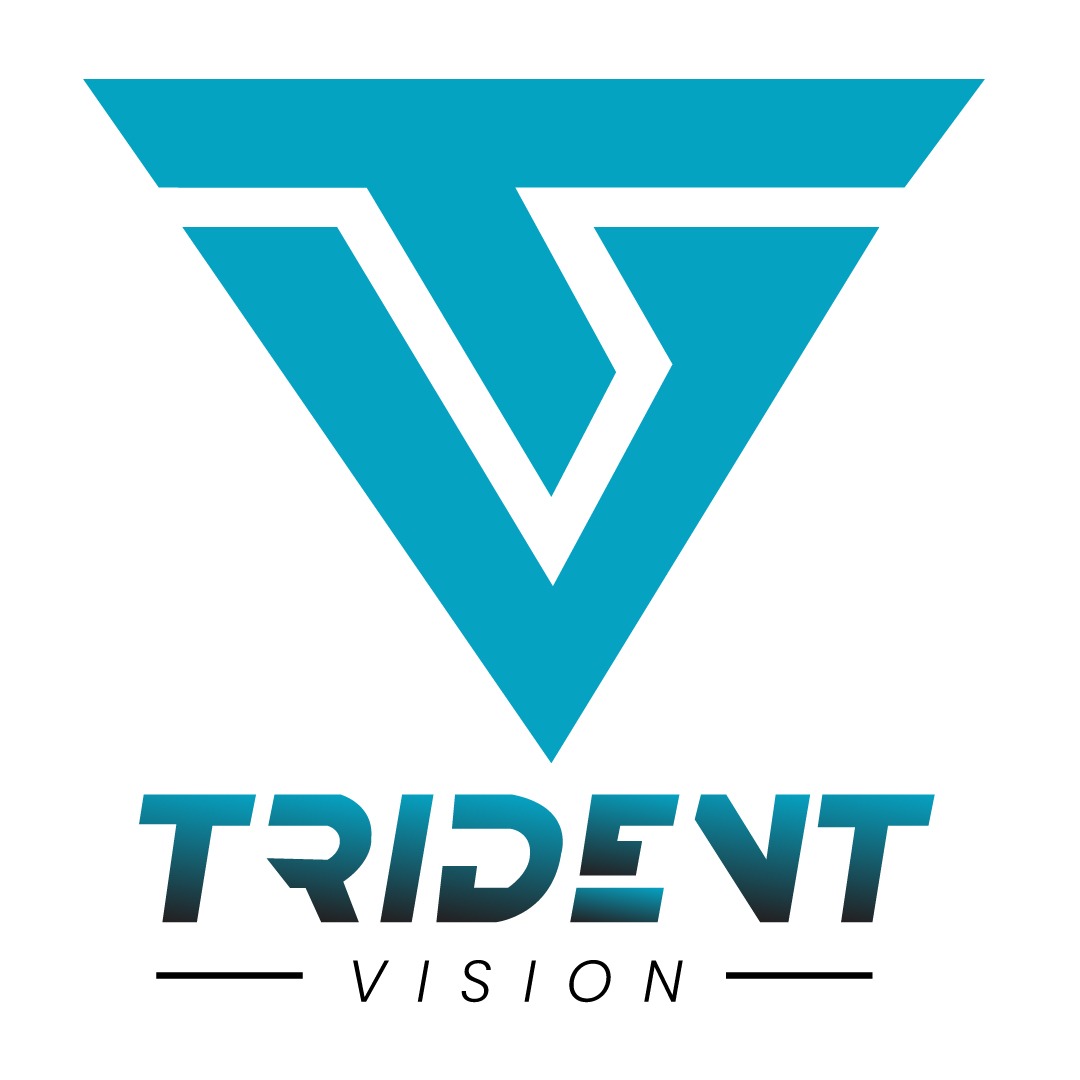
Search Advertising
Search advertising is extremely compelling; it depends on the obvious need of the users, instead of simply on certain data regarding what they may be after. This, normally, improves the probability of clicks and conversion.
Google is the world’s main provider of search advertising. Its AdWords service permits organizations offering items or services to pay for their promotions dependent on the concerns of internet users went into the search box. Google utilizes a modified second-price auction framework to rank the promotions that show up on Google search engine results pages (SERPs) and decide the expense advertisers need to pay to show up on top of the results page.
The Ad Rank equation that oversees the ranking of ads comprises of:
- Max Bid: It is the maximum amount an advertiser is willing to pay for a click for a given keyword.
- Quality Score: It is an automated 1 to 10 score that Google assigns to the experience a user will have with an ad and a landing page for a given keyword. There are a variety of things that impact quality score, including ad relevance, landing page experience, and expected click-through rate.
- Ad Format: It is the additional format features, such as ad extensions, which make an impact.
Summary
Advertisers who use search promoting show their advertisements to clients who are effectively looking for explicit watchwords, and they pay an expense every time somebody taps the advertisement. This sort of PPC advertising is particularly successful on the grounds that individuals who lead look will in general find a great deal about their goal with their search inquiry. Keyword determination figures out which searches show your advertisements, so without inside and out keyword research to recognize the most fitting terms, you might actually miss your ideal target audience.





